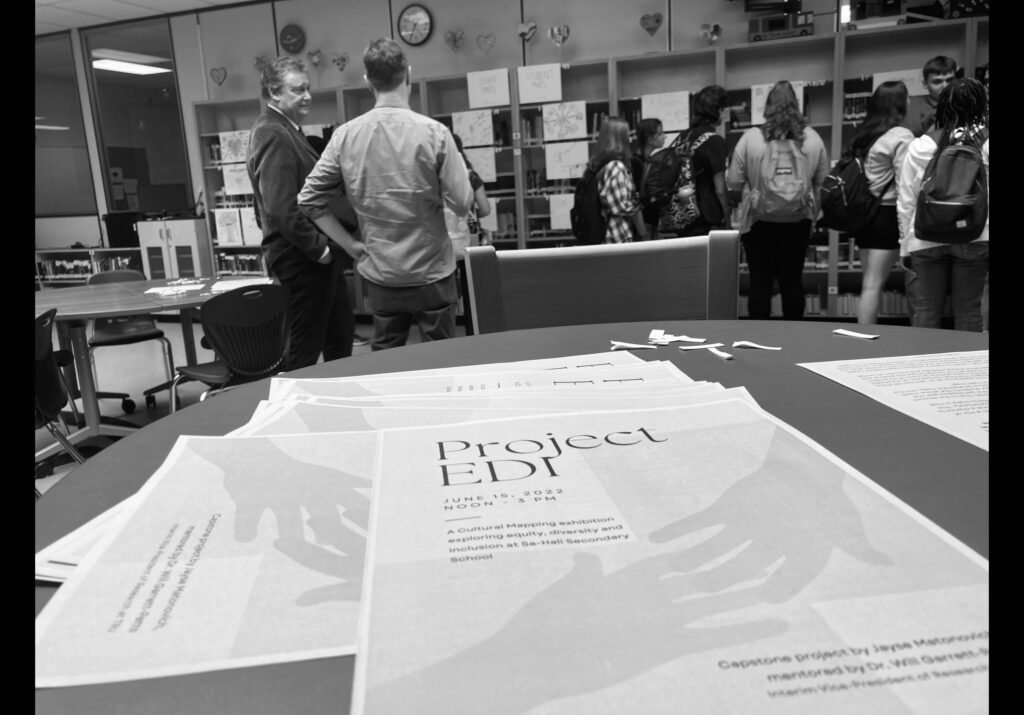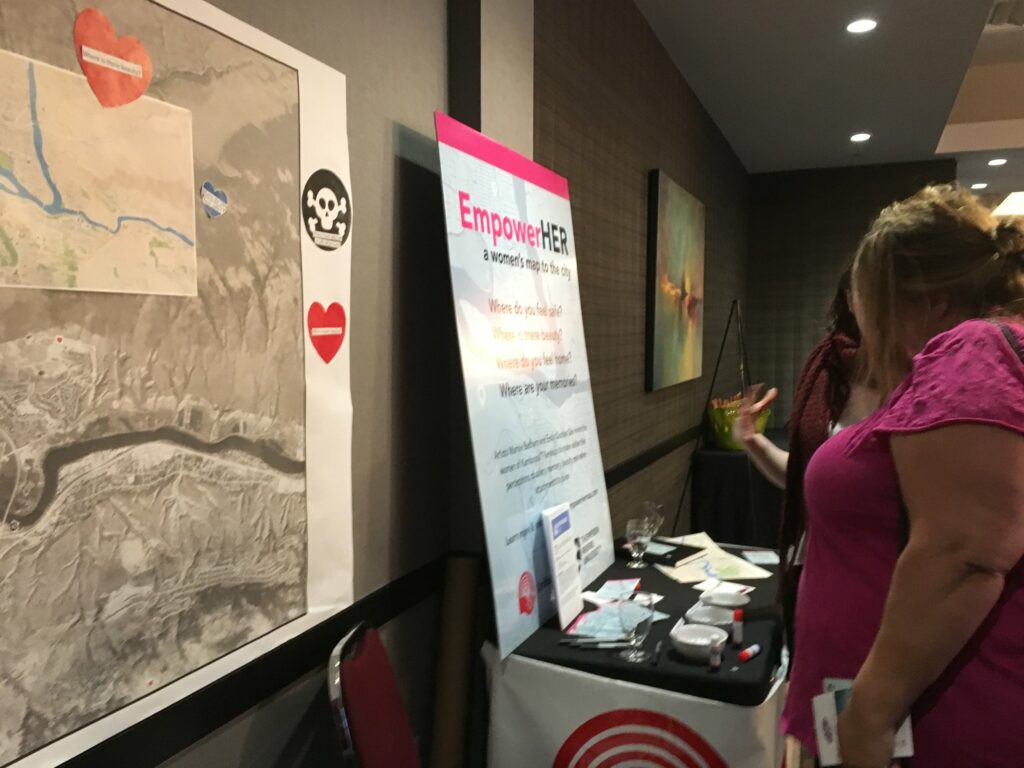Mapping Equity, Diversity, and Inclusion
Participatory cultural mapping is rooted in practices of community engagement and collaboration, working to make visible and co-produce knowledge that is of value for community identity formation, reflection, decision-making and development. Meaningful collaboration requires fierce listening, sharing control and sensitive attention to processes and perspectives. In contemporary academe, aspirations to ‘co-create’ knowledge with communities are heightening and becoming more visible, but we also observe resistances to fully embrace the challenges and implications embodied in meaningful community-academe collaboration.
These doubts and hesitations raise questions about the broader implications of democratizing knowledge through meaningful community-engaged processes. In this context, the two projects featured here approach community-centred work through the lens of participatory cultural mapping, aiming to highlight characteristics of meaningful citizen participation processes; the need to recognise diversities of expertise, knowledge and experience; and the changing role(s) of academe in collaborative knowledge-generating contexts. Both projects speak to how participants experience a sense of belonging and/or exclusion; they also speak to the potential of cultural mapping as an agency for community building..
Our Projects
Our projects seek impactful social change in multiple fields
Project EDI
Project EDI involves students, validates their experiences and insights, moves beyond mere EDI compliance, and, when done well, helps build an inclusive community. Capturing the local EDI landscape visually, in writing, and in conversation with students, their teachers and administrators, cultural mapping presents an innovative and even necessary complement to existing EDI approaches. The mapping makes individual experiences visible and public, keeping them local and inclusive.


The Pride Project
The Research Group’s association with the Pride Project began with an invitation. The Director and Curator of the Salmon Arm Arts Council and Gallery wanted to extend the community’s Pride Week celebrations and exhibition by adding a research component. They wanted to know how cultural mapping might help provide evidence for progressive policy change—to create safer cultural spaces for the City’s LGBTQ2S+ Community.
EmpowerHER Project
Artist-researchers Marnie Badham and Emily Dundas Oke invite the local women of Kamloops/ T’Kemlups to share their perceptions and attachments to place through this cultural mapping and participatory art project. Supported by United Way Thompson Nicola Cariboo and Thompson Rivers University, Kamloops, March 2018.
